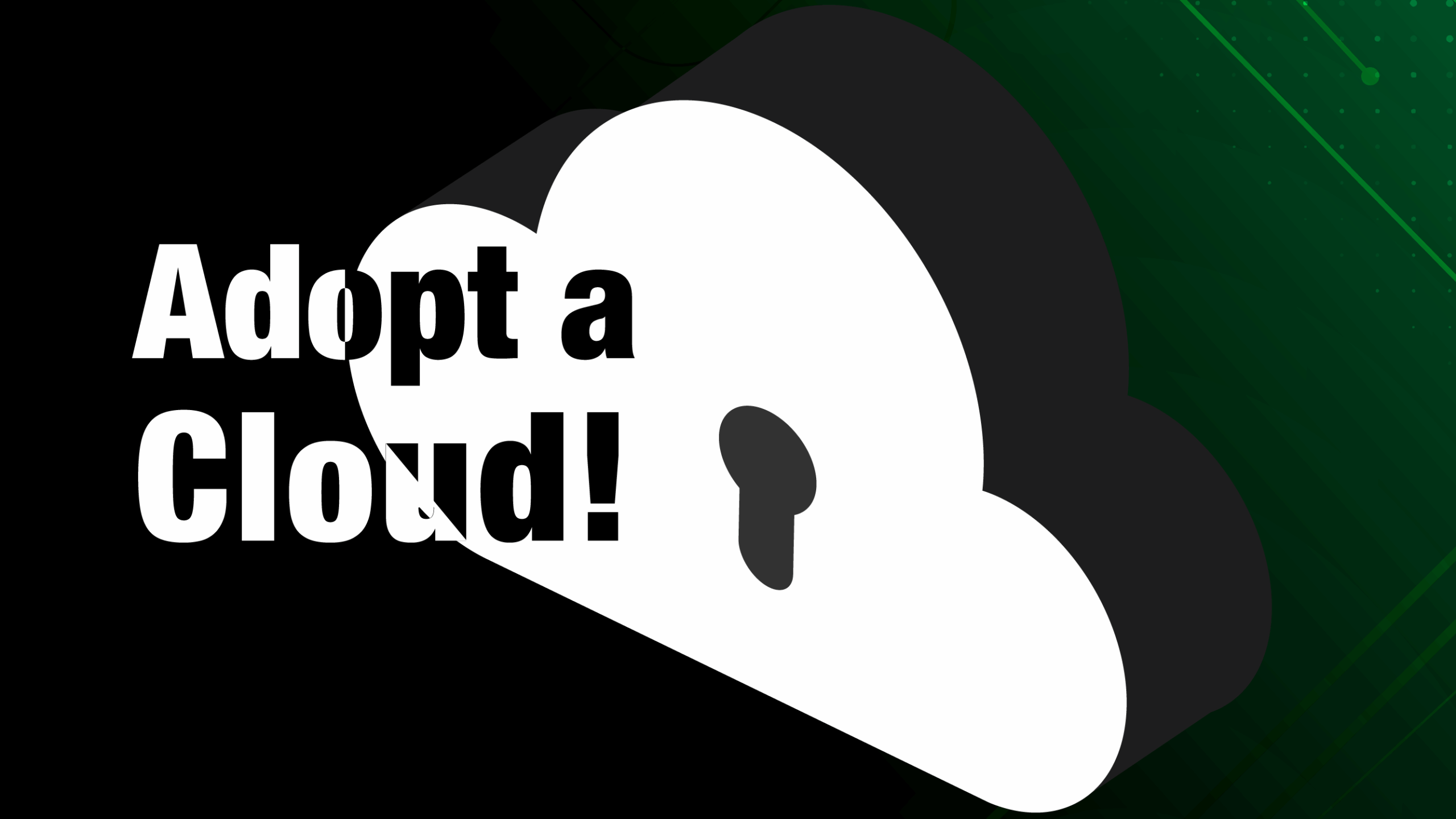The adoption of cloud computing has revolutionized the way businesses operate, and Lebanon is no exception.
The Appeal of the Cloud
Cloud computing offers several advantages, including:
- Cost-effectiveness: Cloud services often have a pay-as-you-go model, reducing upfront costs and allowing businesses to scale their resources as needed.
- Scalability: Cloud providers can easily accommodate fluctuating workloads, making it easier for businesses to handle peak demand periods.
- Enhanced security: Many cloud providers have robust security measures in place, including encryption, access controls, and regular security audits.
- Disaster recovery: Cloud-based solutions can help businesses recover from data loss or system failures more quickly and efficiently.
- Enhance Collaboration: Facilitate seamless teamwork across teams and locations.
Data Protection Concerns
While the cloud offers numerous advantages, it also introduces new data protection challenges:
- Data Breaches: Cyberattacks pose significant threats to sensitive data stored in the cloud.
- Data Privacy Regulations: Adherence to complex data privacy laws like GDPR and CCPA is crucial.
- Data Localization Requirements: Some countries mandate data storage within their borders.
- Third-Party Risk: Reliance on cloud providers introduces potential risks from vendor vulnerabilities.
Balancing Cloud Adoption and Data Protection
To effectively address these challenges, businesses and individuals should adopt a comprehensive approach:
- Choose reputable cloud providers: Select cloud providers with a strong track record of security and compliance.
- Implement robust security measures: Work with your cloud provider to implement strong security measures, such as encryption, access controls, and regular security audits.
- Stay informed about data protection regulations: Keep up-to-date on data protection regulations in Lebanon and any other relevant jurisdictions.
- Develop a comprehensive data protection strategy: Create a comprehensive data protection strategy that outlines how your organization will protect its data, both on-premises and in the cloud.
- Data Loss Prevention (DLP): Employ DLP solutions to prevent unauthorized data transfer.
- Employee Training: Educate employees about data security best practices.
- Regular Security Assessments: Conduct regular vulnerability assessments and penetration testing (VAPT)
- Data Backup and Recovery: Implement robust backup and recovery strategies.
- Consider data localization options: If data localization is a concern, explore options such as hybrid cloud solutions or local data centers.
How can it help Lebanese businesses?
Lebanon, a country grappling with political instability and economic challenges, presents a unique case study. While cloud adoption can offer a lifeline for businesses, it’s essential to address specific concerns:
- Political Instability: Political unrest can impact data security and accessibility.
- Economic Constraints: Limited resources may hinder investment in robust security measures.
- Cybersecurity Threats: The country is vulnerable to cyberattacks, particularly ransomware.
- To mitigate these risks, Lebanese organizations should prioritize:
- Partnering with Reliable Cloud Providers: Choose providers with strong security measures and global reach.
- Data Localization Considerations: Evaluate data residency requirements and potential legal implications.
- Robust Security Practices: Implement stringent security measures to protect sensitive data.
- Employee Awareness: Train employees on cybersecurity best practices.
- Emergency Response Planning: Develop comprehensive plans to respond to data breaches and other security incidents.
By carefully considering these factors, Lebanese organizations can leverage the benefits of cloud computing while safeguarding their valuable data assets.
TEKNOLOGIIA’s experts are ready to help, contact us.
Read more articles Phishing Emails , Cyberattacks Prevention , Security SetUp
Subscribe on LinkedIn



